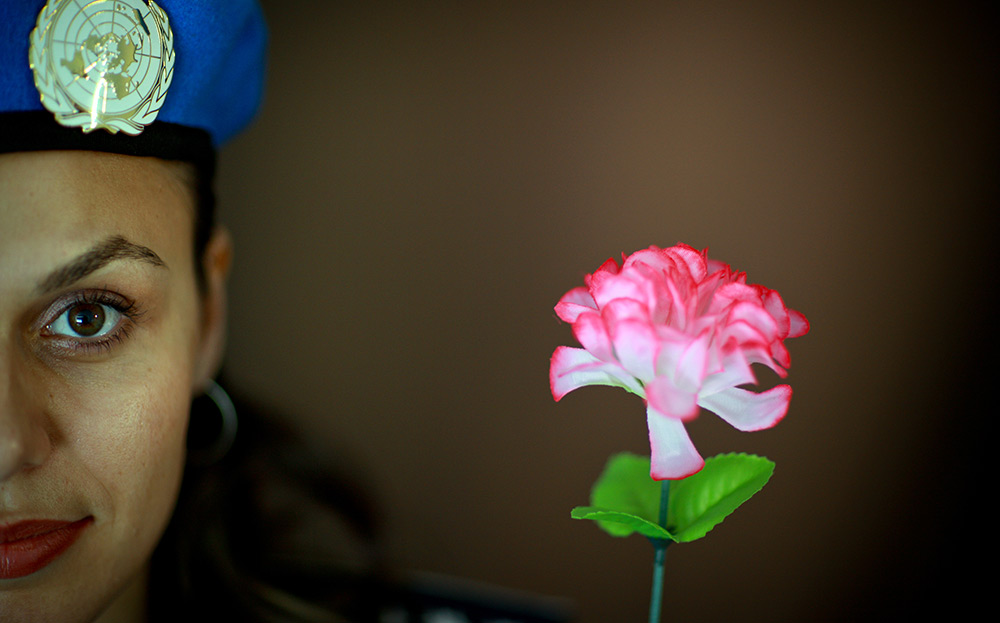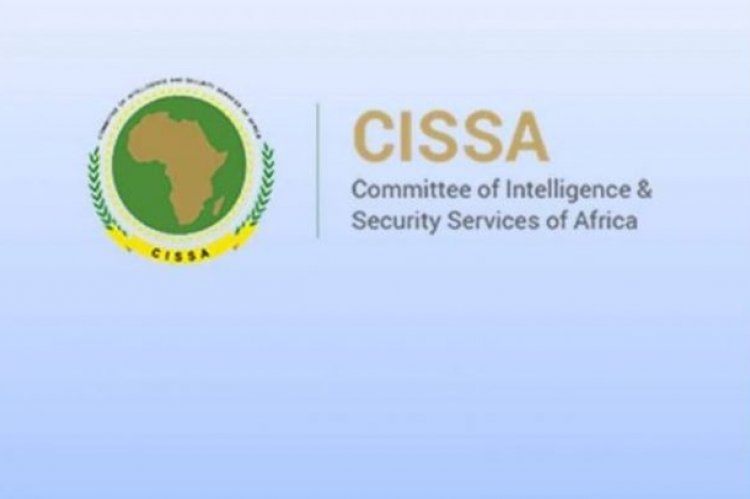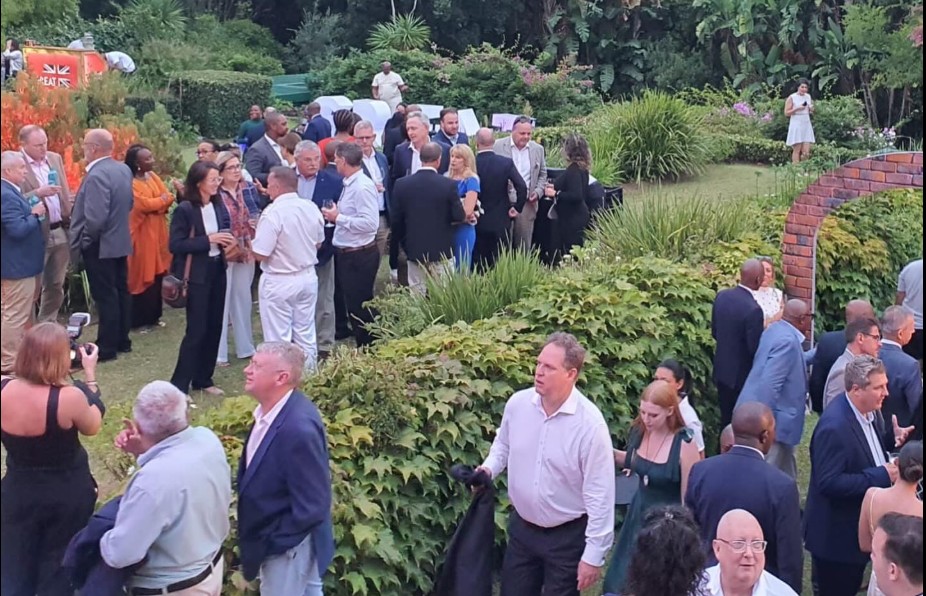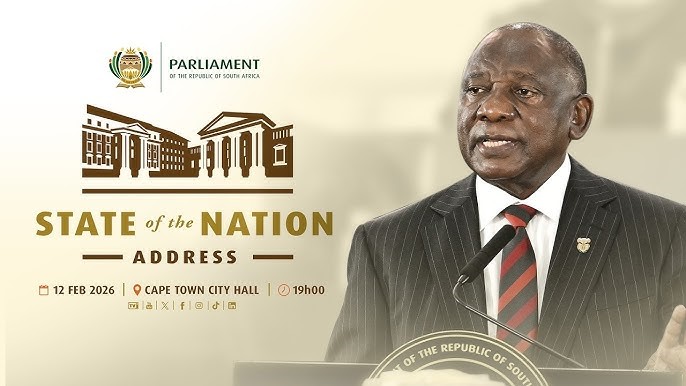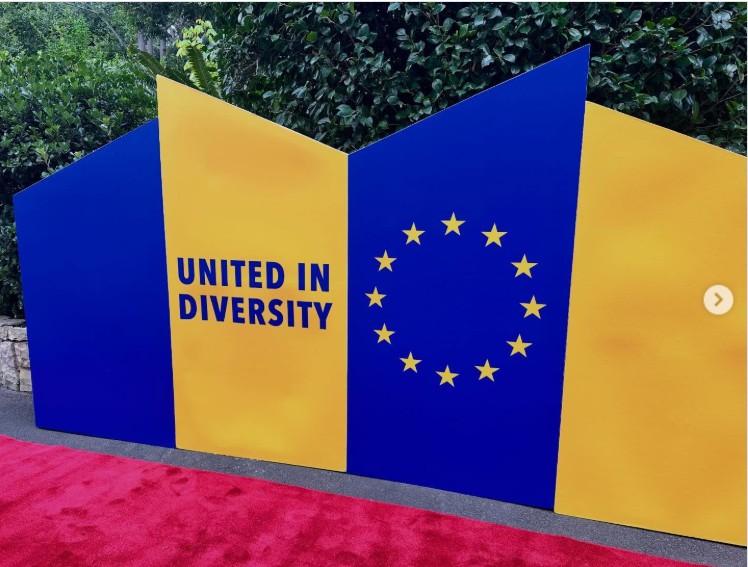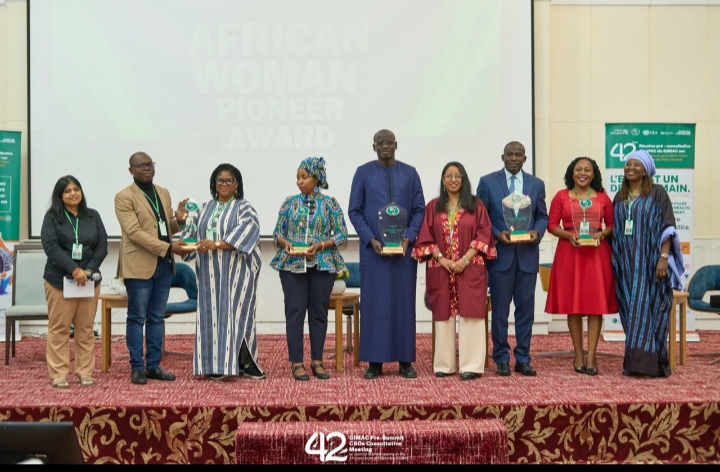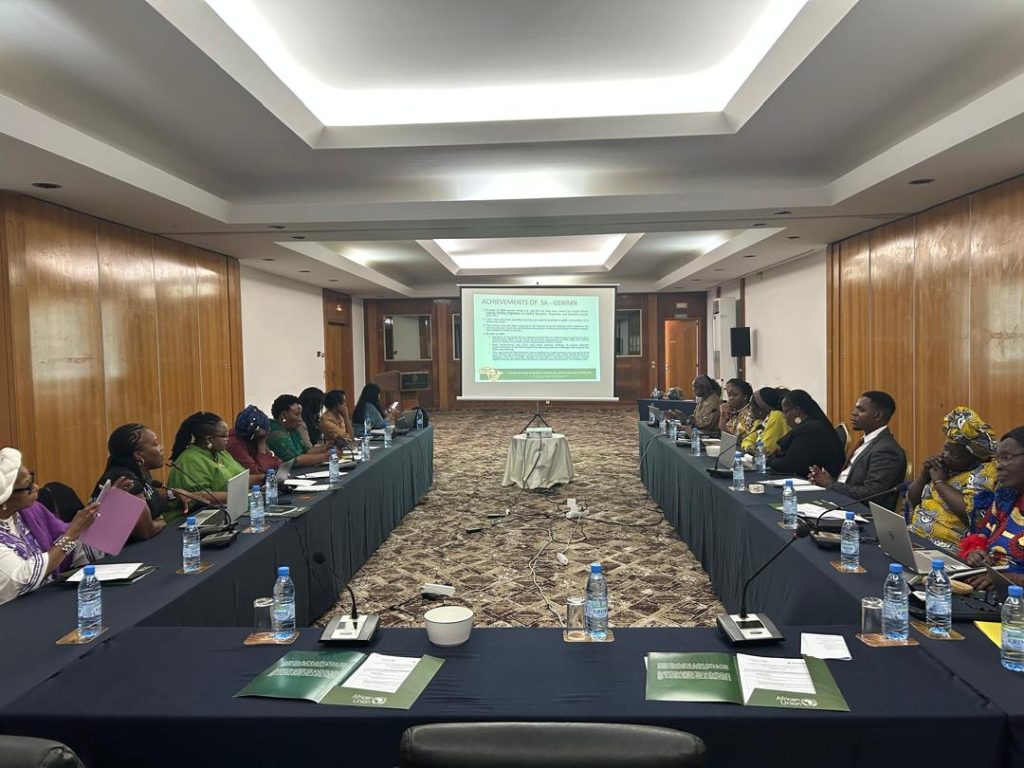It has been 15 years since the United Nations (UN) Security Council adopted Resolution 1325 (2000) on Women, Peace and Security and nearly 25 years since the Beijing Declaration and Platform for Action (1995). The intervening years since the adoption of Resolution 1325 have seen the UN make significant progress in improving the status of women globally through several mechanisms and initiatives to mainstream gender in peace and security. Among these efforts by the UN is the Senior Women Talent Pipeline (SWTP) initiative launched in 2014, which seeks to attract new female talent to the Organisation. The initiative is part of the Secretary-General’s efforts to increase the representation and retention of women at the director-level within the UN field operations. The initiative currently targets the following Senior Level Operations Management positions: Chief, Supply Chain Management; Chief, Service Delivery and Director and Deputy Director of Mission Support. Since 2014, more than 1,000 applications have been received in various phases undertaken. Out of this, 129 highly skilled women joined the pipeline.
To strengthen this initiative in Africa, the Field Personnel Division of the Department of Field Support within the UN Secretariat, in collaboration with ACCORD, organised meetings in South Africa following a successful meeting held with Civil Society organisations (CSOs) in Addis Ababa, Ethiopia in 2015. The meetings in South Africa took place from 26-28 January 2016 in Pretoria and Durban bringing together CSOs, government organs, think tanks, private sector and universities to engage them in strengthening their understanding on women’s roles in peace operations. It also sought to provide an update on the UN SWTP project, identify opportunities for partnerships on the initiative and discuss strategies to improve the gender balance in peace operations. Globally, the female representation in UN Missions as of 2014 stood at:

As of 31 December 2014, there were 16, 955 local and international civilian personnel. There are 67 International Civilian Staff from South Africa, with women accounting for 25% (17) as of 31 August 2015. In peace operations, Mission Support civilian staff provide essential support to peace operations. 70 per cent of all UN civilian posts are in Mission Support which is traditionally considered a male-dominated field. Mission support encompasses areas like budget and finance, logistics, engineering, information, communication and technology (ICT), human resources and general administration. These functions support the field missions to promote peace and security. There is a severe gender imbalance for Directors and Deputy Directors in Mission Support. The UN SWTP initiative and other related initiatives seek to address this imbalance.
Discussions at the South African meetings included: Gender and Peacekeeping in Africa; general overview on Gender, Peace and Security in South Africa; building a pipeline for the next generation of senior officers: Gender Mainstreaming in the South Africa National Defence Force (SANDF); Gender Issues in mission support in Africa’s Peace Support Operations; SWTP and Gender Strategy for Mission Support and; opportunities for partnership. Based on the lessons learned on gender mainstreaming in peace operations from South Africa’s perspective, the meeting sought to expand opportunities to increase the number of competitive African female candidates for senior positions in Peace Operations, particularly in Mission Support functions.
As Mission Support functions are mostly found in the private sector, the meetings included the private sector actors in the discussions. One of the challenges identified in the meetings was low levels of understanding of peacekeeping issues within the private sector. Further challenges around Gender in Mission Support include the limited number of women at the technical and operational level in mission support; limited supplier service and product options for gender specific needs; limited female mission support experts; the absence of deliberate policies to guide gender considerations in mission support; and lastly, most of the peacekeeping personnel working on mission support and planning, both male and female, have little or no training on gender issues, thus impacting on gender issues throughout the mandating process. The meeting therefore identified potential partners to provide training and development of UN women staff and potential candidates for the pipeline on issues of peace and security. To bridge the gap between the emerging and serving professionals, the UN will potentially expand the Pipeline to include the P4/P5 levels in the UN structures.
The Training for Peace Programme at ACCORD is an initiative funded by the Norwegian Ministry of Foreign Affairs.

